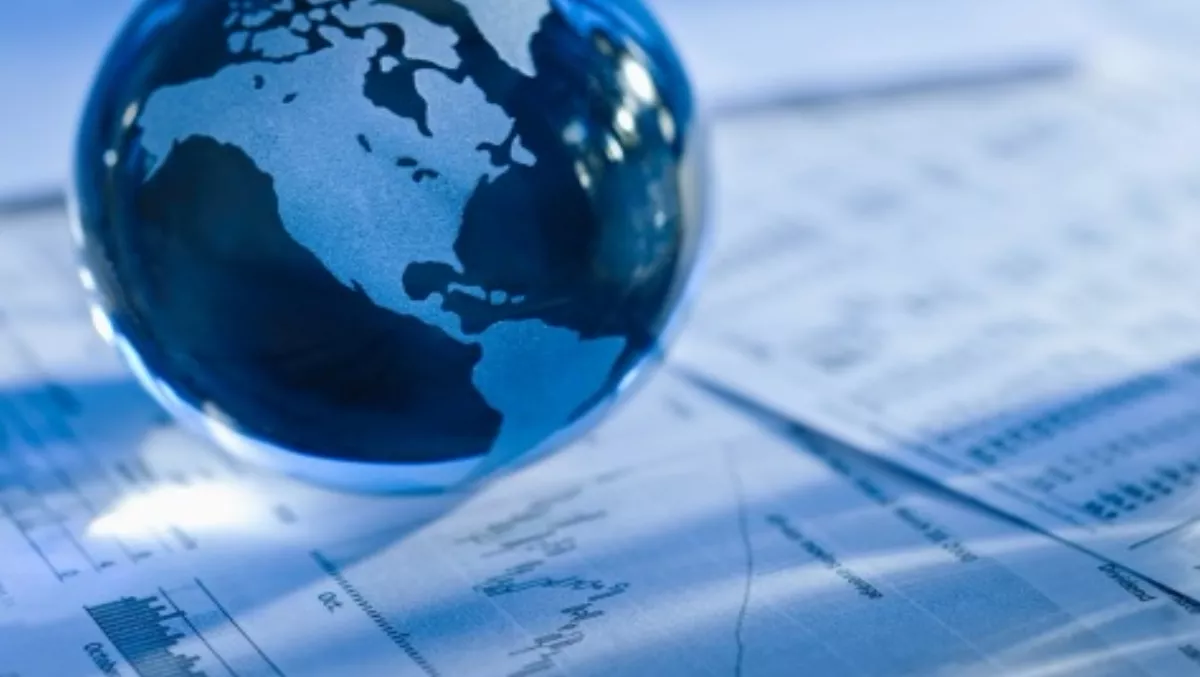
The Federal Government says it's closing the GST loophole and leveling the playing field with its move to include GST on all digital goods and services from overseas.
The 10% GST, dubbed the ‘Netflix tax', will apply to e-books, games, movies, music, consultancy and legal services, and more.
The Government says the move will mean Australia's GST system takes ‘another step into the 21st century'.
Similar laws exist in other OECD countries.
Treasurer Joe Hockey says the change means local companies who do collect GST, will no longer be disadvantaged compared to their international competitors.
“It is unfair that overseas based businesses selling services into Australia may not charge GST when local businesses have to charge GST,” Hockey says.
“A local business that employs Australians, pays rent in Australia, pays tax in Australia and helps build our economy is disadvantaged by the current system.
“We will level the playing field for Australian businesses by mandating that foreign businesses supplying digital products and services are subject to the GST.
The tax, expected to be in place by July 2017, is expected to bring an extra $350 million in additional revenue for the government.
Also announced in this week's budget were new measures to crack down on tax avoidance by foreign and multinational companies, with large technology companies including Microsoft, Apple and Google, expected to be among those impacted by the new measures.
Hockey says rather than introducing new taxes on Australians ‘we simply want people or companies who are avoiding their tax to pay their fair share'.
Thirty large multinationals ‘that may have diverted profits away from Australia to avoid paying their fair share of tax in Australia' have been identified by the Tax Office, with Hockey saying many large multinationals have the capacity to ‘aggressively minimise their tax'.
“What this means is that families and small businesses are forced to carry more than their fair share of the tax burden.
Under the new Multinational Anti-Avoidance Law, any companies caught cheating by using complex schemes to escape paying tax, will have to pay back double what they owe, plus interest.
OECD recommendations for countries to share tax information and prevent treaty abuse are also being implemented.
